Innovative Metal Detecting Tips 2022
Sometimes, metal detecting requires some creativity to have an advantage when you’re searching. The best way to do that is to come up with some unconventional methods that the majority of other detectorists don’t do. Here are five of those to get you started:
1. Dig Three Extra Holes
This is a great tip that can net extra finds. When you have decided that you have been hunting long enough, make yourself dig three more holes. If you’re on a site that has a lot of targets, you will be more focused to make the three that you dig count. If you find a keeper in one of the three holes you dig, start over with three more.
2. Put Your Detector Down and Pick Up Your Pinpointer
When you find a spot with a deep pocket spill or a deep bullet spill, it’s fairly likely that there are additional relics to be found there.
This is when it might be worth your time to dig out the area (to about a foot and a half or two feet in diameter) and use only your pinpointer to hunt as you go. This method may net you finds that you would otherwise have missed.
3. Be Willing to Get Dirty
If the weather in your area is unpredictable, then you know how frustrating it can be when there is a 90 percent chance of rain, yet you never see a drop, but you stay inside and miss a day that would’ve been great for hunting. When you’re willing to go out anyway and get rained on and muddy if the weatherman is actually right, you may find some real keepers.
Most detectorists, even if they do go out hunting in the rain, aren’t willing to get down and dig in the mud. That makes it a perfect opportunity for you to swoop in and find the treasure. Just be sure that all of your detecting equipment is waterproof.
4. Ask a Second Time, But Differently
This is a tip that most detectorists rarely do. If you are turned down by a property owner for hunting on their land, but you think that it has potential, try again. While you don’t want to badger anyone, it’s not unreasonable to try again every few months to see if they have changed their mind.
It may be as simple as changing the way you approach your request. Let them know that it’s a goal of yours to search their property, or that you will do something for them in return (mow their lawn, trim their trees, etc.), and see if they soften up a bit. They may see your persistence as a good thing and eventually give in.
5. Track Fruitful Sites and Finds on Google Earth
You won’t find many detectorists taking the time to do this. It’s a great tip for when you are hunting larger properties or neighborhoods. Using Google Earth, mark the spots where you find targets.
You can use different notations for sites where you’ve dug interesting finds, valuable finds, nothing or next to nothing – or come up with your own way of differentiating.
When you look at your notations, you may find that there are patterns that might not have noticed otherwise. It could show what might be old home sites, roadways, or even battle lines, depending on where you’re hunting and what you find. This will help you focus on areas that are more likely to have the types of finds you are looking for.
How to Get Started with Metal Detecting
Metal detecting is a fun hobby that nearly everyone can do. It doesn’t require a lot of heavy lifting (most detectors are very lightweight), and as long as you don’t mind doing some digging in the dirt, you’ll be all set. Of course, if you don’t want to get dirty, just bring a kid along with you – they will love digging with the possibility of finding something exciting.
Getting started with metal detecting is fairly easy. The first step is deciding on and purchasing a metal detector. There are many different machines to choose from and just as many different prices.
Since you are just starting out, you may want to begin with a fairly inexpensive detector to get the hang of it. You also have to consider where and what you will be detecting. There are detectors that are suited specifically for gold nugget hunting, for example. Don’t be afraid to talk to the salespeople wherever you are shopping for your detector. They will be able to guide you in the right direction.
Once you have your metal detector, you will probably want to head outside and give it a spin, and that’s fine. Just be sure that before you spend too much time swinging it around, you take the time to read the user’s manual to get familiar with your machine. You will have the best results hunting when you understand how the detector works and how to use the settings.
Familiarize yourself with metal detecting etiquette and how to ask permission for hunting sites from property owners. These aspects of detecting are extremely important. If you are not a courteous detectorist, or if you hunt without obtaining permission, you could get yourself into some trouble. There are plenty of places online that talk about metal detecting etiquette and gaining permission – check some out.
The next step is all about practicing. Set up a test garden outside by burying various types of metal items at various depths. Then, practice swinging over those items, paying attention to the alerts your machine makes. Learning to differentiate the signals based on what type of metal and how deeply it’s buried is essential to having successful hunts in the future. Be sure that you include “trash” in your test garden like the soda can pop tops, foil gum wrappers, and the like because you will encounter a lot of that kind of thing when you hunt for real.
When you feel that you are ready to take your new detector out for your first hunting trip, you will need some other tools. Of course, you will need something to dig with. There are a lot of digging tools available. Consider the types of soils you will be digging in. If you live in an area where the ground is particularly hard, you will want a tool that can handle that. If you plan to detect areas with lots of grass, you will want to have a tool that can easily cut through the grassroots. Digging on beaches or in sandy areas will mean that you need a sand scoop. Wherever you decide to hunt, make sure that you have an appropriate digging tool.
You’ll also want to invest in a good pinpointer. While you don’t necessarily have to have one right away, using one will significantly cut down on your digging time and it will make it much easier to fill in the holes you dig. Pinpointers range in price from pretty inexpensive to quite pricey, and you can get regular ones or waterproof ones for pinpointing targets in shallow water.
The last thing you’ll need to get started is something in which to carry your finds. A pouch that you can secure around your waist is often all that you will need to keep your items safe as you find them.
Now you’re ready to go! Get out there and hunt, you never know what treasure awaits!




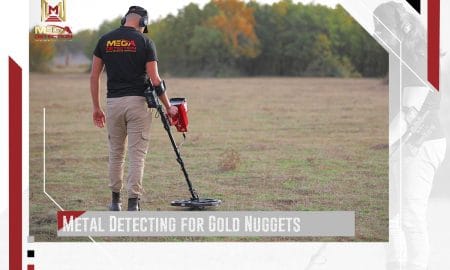
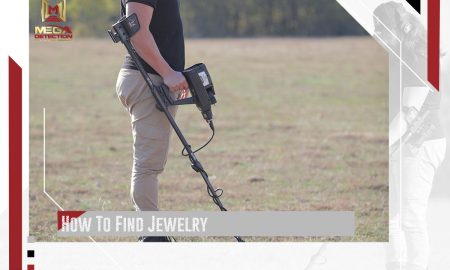

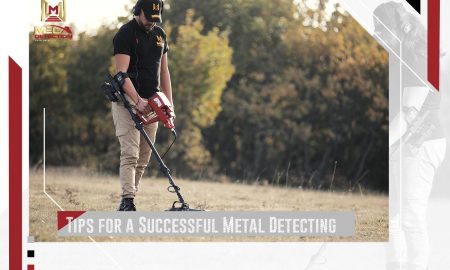
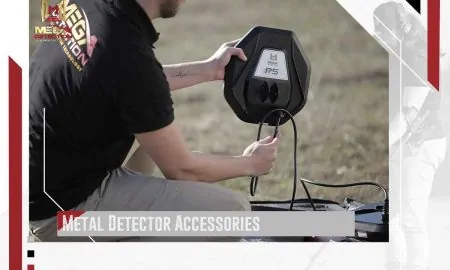
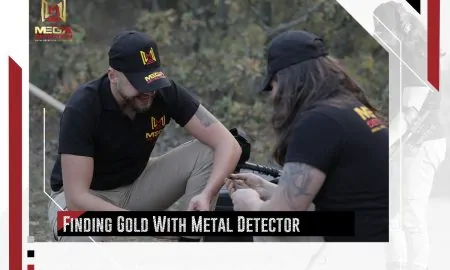
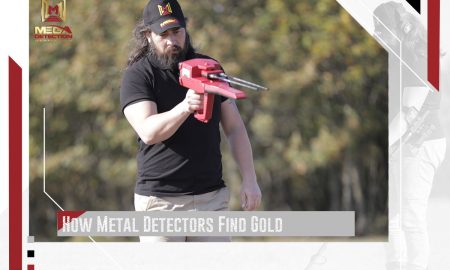

Leave a Reply